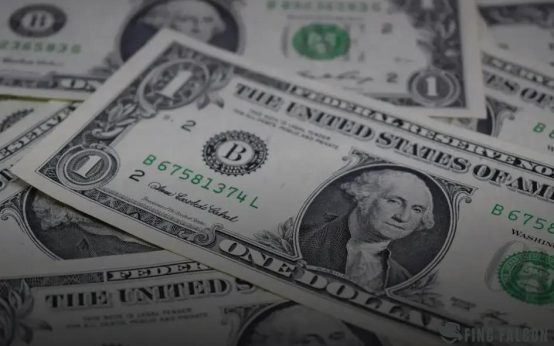The Latte Factor is a popular personal finance concept suggesting that minor daily expenses, like your favorite coffee, could massively accumulate over time. While saving money by avoiding these small costs might sound beneficial, it’s crucial to weigh the impact on lifestyle and happiness. Let’s explore if skipping your daily brew is truly worth it.
Understanding the Latte Factor Concept
The Latte Factor is a term coined to describe how small, regular expenses can add up over time to create significant financial impact. This concept suggests that by eliminating seemingly trivial daily purchases, like your morning coffee, you can save a substantial amount of money in the long run. It highlights the importance of awareness in daily spending habits and urges individuals to identify hidden expenses that could be rerouted to savings or investments.
This concept challenges us to analyze our expenditures at a micro-level, emphasizing the power of compounding. Each small saving, when consistently applied, can contribute to a larger financial picture.
Additionally, the Latte Factor encourages mindfulness around spending decisions. By evaluating daily consumption, individuals can prioritize financial goals over instant gratification. This mindset aims to cultivate healthier financial habits and promote long-term economic stability.
The methodology behind this concept relies on the assumption that small, regular spending patterns are often overlooked and can be easily controlled. Thus, understanding and applying the Latte Factor can be a stepping stone towards financial enlightenment and empowerment.
Financial Benefits of Skipping Coffee

Every coffee lover knows the joy of their daily brew, but have you ever thought about the financial benefits of skipping coffee altogether? Small savings add up faster than you think. Consider this: if you spend $5 on coffee each workday, that’s $25 a week, roughly $100 a month, and $1,200 a year. Redirecting this money to a savings account or investment can lead to significant growth over time.
Compounding Power
When you invest the money you save from skipping coffee, it starts to compound. This means you earn interest on both your initial savings and the accrued interest. Over time, this compounding effect can grow your savings substantially, potentially funding an emergency fund or contributing to retirement savings.
Additionally, by skipping coffee, you might also save on incidental expenses like snacks or impulse buys that often accompany a trip to the coffee shop. These small daily savings can create a surprisingly large cushion for your finances.
Potential Drawbacks and Considerations
When evaluating the latte factor concept, it’s crucial to consider a few potential drawbacks and important considerations. While saving money by cutting out daily coffee purchases might seem appealing, it’s not always a straightforward decision. For some, coffee is more than just a beverage; it’s an experience that provides daily joy and socialization opportunities. Eliminating this ritual might affect one’s quality of life.
Additionally, morale and motivation can be impacted. A small daily indulgence can serve as a reward that boosts productivity and happiness. Removing it could inadvertently lead to lower morale, especially if there is no adequate replacement.
Another consideration is whether the saved money truly yields significant financial benefits without a clear plan. If the funds saved from skipping coffee are not effectively redirected into investments or savings, the financial gains may be negligible.
Finally, individual financial situations are diverse. If someone has their basic financial obligations under control, the urgency to cut out coffee expenses may be less imperative. It’s essential to weigh these potential drawbacks against personal financial goals and lifestyle needs.
Conclusion: A Personal Finance Perspective

Taking a personal finance perspective on ‘The Latte Factor’ involves considering both financial benefits and potential drawbacks in the balance of daily life expenses. Reflecting on the small but regular savings achieved by skipping a daily treat like coffee can lead to increased monetary awareness. For many, this simple act can accumulate into a significant amount over time. However, it’s also important to consider the non-monetary value these small habits contribute to one’s daily routine, such as enjoyment and mental breaks, which can enhance productivity.
Moreover, a broader view encourages setting a realistic spending plan involving priorities and lifestyle balance. This approach not only helps in tracking expenses but also emphasizes achieving financial goals without compromising life’s little pleasures entirely. It’s not just about denying yourself small luxuries; rather, it’s about making informed choices and understanding the long-term impact of these daily decisions. Ultimately, the conversation around ‘The Latte Factor’ highlights the importance of mindfulness in spending, proving itself a relevant discussion in personal finance management.





